With hotter, drier spells resulting from climate change, the risk of wildfires in our countryside only increases.
The devastating fire on MOD land at Longmoor which burned for five days and destroyed 40 acres of open heath a couple of weeks ago, followed by a second fire on Broxhead common last week, is a stark reminder of how vulnerable our landscape and wildlife is to this threat.
Lowland heath is a habitat which makes up only four per cent of the National Park, but within those small stepping stones of heath which stretch from Pulborough through to Midhurst and up to Bordon, we find a whole host of fascinating and nationally rare wildlife species.
Woolmer forest is unique in Britain as the only place where we’re lucky to find 12 out of 13 native amphibian and reptile species.
It’s particularly special for the Natterjack toad population, which is the last of the original inland heathland populations of this rare toad in the UK.
A wildfire this time of year is particularly devastating for our reptiles, amphibians and ground nesting birds such as the nightjar who will have eggs or very young chicks on the ground and are unable to escape quick enough.
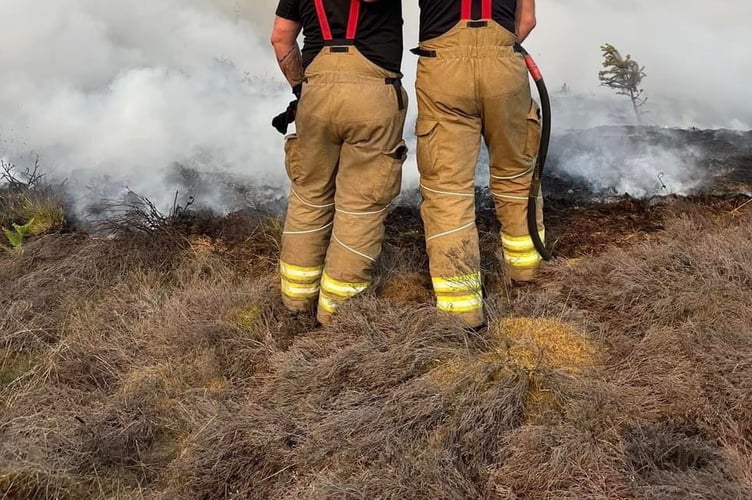
So why are heathlands so susceptible to wildfires?
There are three elements to any wildfire. The first is oxygen. Seeing as most living organisms need oxygen for their everyday living functions, there’s not much we can do to manage this.
The second of these is the fuel load. This is any vegetation that could fuel the fire. Many of the plant species which we find on our lowland heaths such as gorse, heather, bracken and pine thrive in the quick draining, low nutrient soils found there and are easily combustible, even when we’re not in drought conditions.
This means that Bordon sits on a big tinder box and the risk of wildfires here is much higher than elsewhere in the country.
The third and final element is the ignition source. This could something natural like lightning, but this is more often caused by humans. Discarded barbecues, cigarette butts and campfires disproportionally contribute to wildfires.
A study by the university of Manchester has shown that wildfire occurrence around Bordon correlates with proximity to roads and pathways on the heathlands.
This means that as recreational users of the heathlands we need to be hyper vigilant in what activities we carry out on these sensitive sites.
Once a fire has started on the heaths, it can be notoriously challenging to put out and can spread extremely quickly, especially if there’s a breeze fuelling the blaze.
Thanks to the quick actions of the local Bordon fire Station crew, supported by Hampshire and Isle of Wight Fire and rescue services, Surrey fire and rescue who battled the fire for over 72 hours in very challenging conditions to limit the spread of the wildfire on Woolmer Forest.
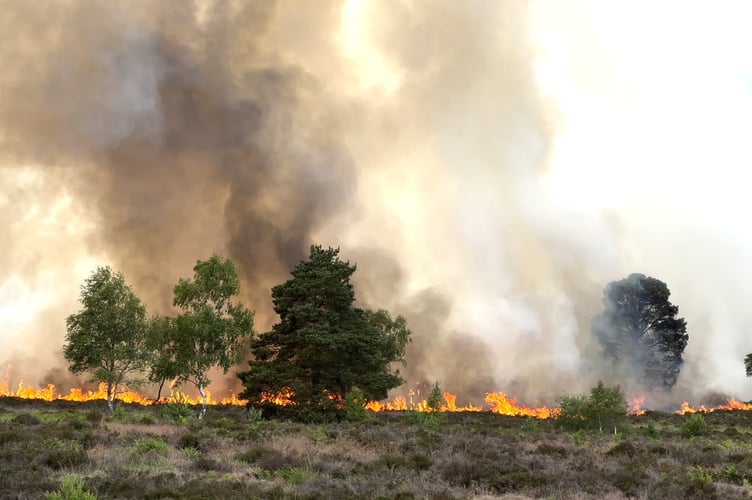
What should you do if you see a fire?
As well as devastating wildlife habitats, wildfires can be damaging to our health and economy, so what should you do if you see a fire in the countryside?
Here’s some advice from Bordon Fire Watch Manager Simon Morford on what to do if you discover a fire, and how to avoid them in the first place:
- If you see a fire in the countryside, please do not try to tackle it yourself as they can spread very quickly and can be unpredictable.
- Call 999 immediately and retreat to a safe distance. If you can, try and capture a location, nearby landmark or reference, or use what3words to help direct the crew.
- Barbecues are not permitted on our heathlands, bring a picnic instead.
- Take litter home with you and clear away bottles and glasses, including broken glass to avoid it magnifying the sun.
- Do not discard cigarettes in the countryside, dispose of any smoking material properly and make sure they are completely extinguished.
For more information on how to play your part to prevent wildfires, you can visit the Hampshire and Isle of Wight fire and rescue Service website: https://www.hantsfire.gov.uk/hot-and-dry-conditions-increase-risk-of-wildfires/
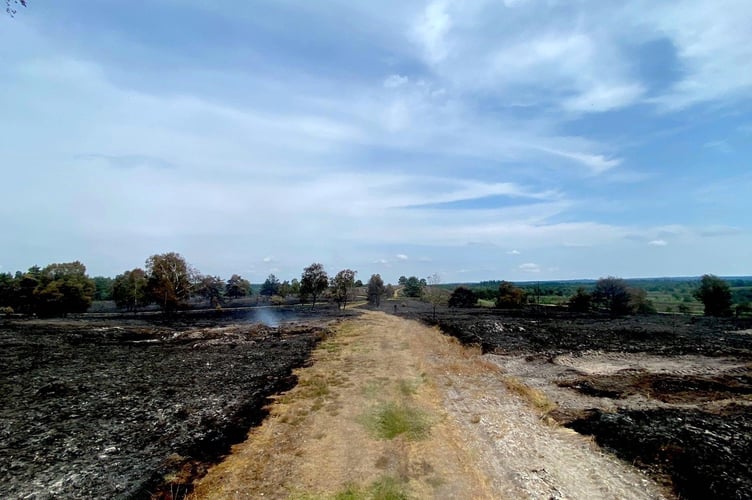
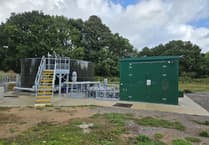
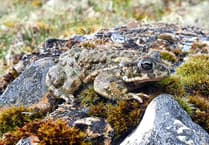
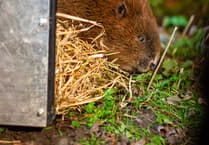
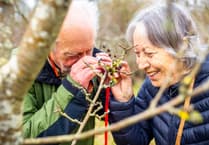
Comments
This article has no comments yet. Be the first to leave a comment.